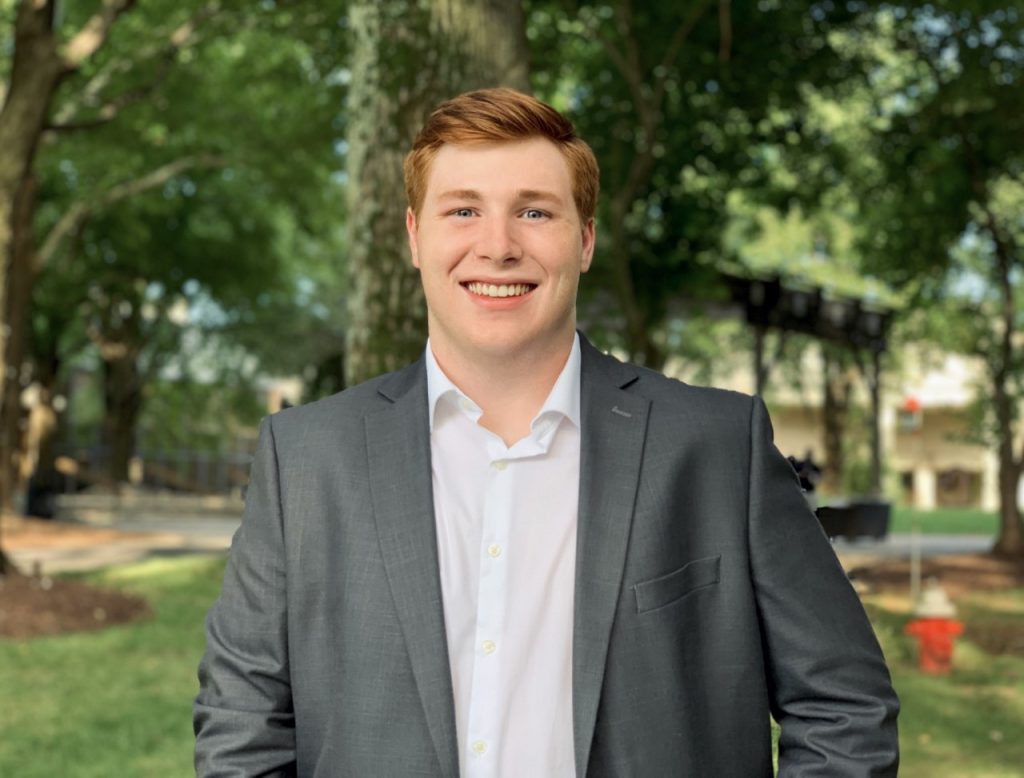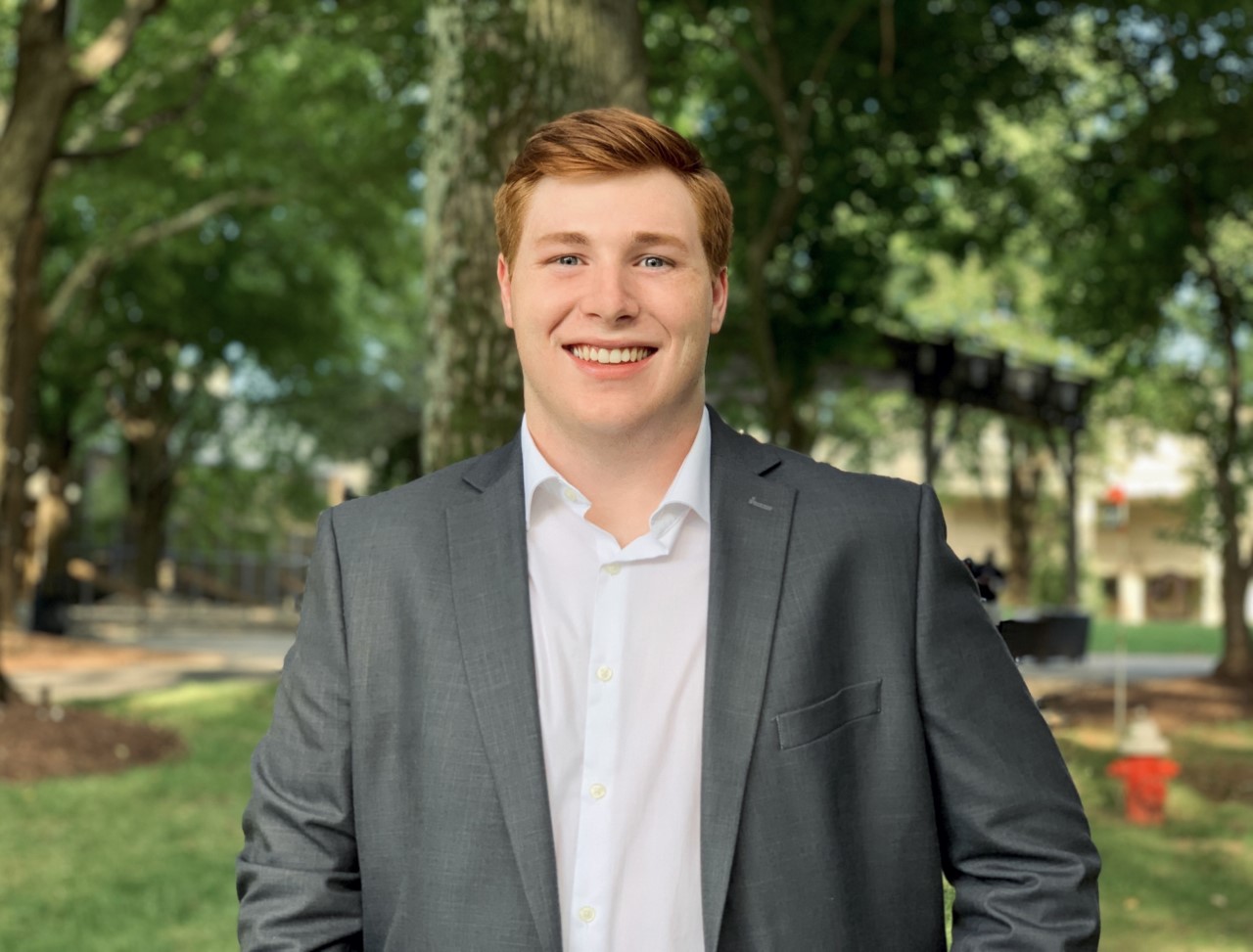
Across Florida, numerous colleges and universities have taken bold action to enact comprehensive tobacco- free and smoke-free campus policies — an area in which Rollins falls behind the curve. The college’s lack of action begs the question: Are students at Rollins afforded the right to breathe clean air?
It is not uncommon to see students using tobacco products on campus. During my time at Rollins, I even witnessed students vaping in the classroom. Many from the campus community argue that the lack of a 100 percent tobacco-free and smoke-free campus policy poses a major public health risk, not only for the user, but for those being exposed to the resulting second and thirdhand smoke.
I graduated from Rollins in 2021 and now serve as a provider for the Tobacco Free Florida program. In this position, I work to address tobacco disparities in Orange County within several goal areas. One of which is within institutions of higher education. As such, I have partnered with students and faculty across campus to help facilitate their advocacy efforts as they push for the implementation of a 100 percent tobacco-free and smoke-free campus policy at Rollins.
According to the Florida Department of Health’s Bureau of Tobacco Free Florida, there are currently 41 colleges and universities within Florida that have implemented tobacco-free and smoke-free campus policies, including numerous peer institutions such as Stetson University and Flagler College.
The need for a 100 percent tobacco-free and smoke-free campus policy at Rollins has drawn support from faculty like Dr. Shan-Estelle Brown, who serves as the coordinator of the Global Health minor. Brown said that going tobacco-free and smoke-free would mean “Rollins would join an already long list of smoke-free Florida colleges and universities. A smoke-free and tobacco-free Rollins means that the campus community is taking steps to ensure that nonusers are protected from secondhand smoke since there are still more than 480,000 people who die from smoking tobacco every year, according to the Centers for Disease Control and Prevention (CDC).”
Other on-campus supporters include Isabel Adamus (‘22), president of the Rollins Public Health Association. She has helped establish a Higher Education Task Force designed to coordinate campus-wide tobacco-free and smoke-free campus policy advocacy efforts.
Others, like Adamus, have also recognized the need for policy change. Last fall, I partnered with Dr. Sarah Parsloe’s Communications Campaigns class to address issues of tobacco and nicotine addiction among college students. Student Government Association (SGA) President Daniel Elliott remembers his time in the course: “The partnership between Dr. Parsloe’s class and Wyatt was an amazing opportunity for students to spread awareness of tobacco and smoking risks, in addition to applying the skills we learned about communications campaigns to a real-world organization.” He added that he thinks students were “able to develop some creative ideas while working on strategies and planning for tobacco-free campaigns, conducting student focus groups, and performing research. […] I am proud to prioritize making Rollins a smoke-free and tobacco-free campus this semester as Student Government President.”
The benefits of passing a comprehensive smoke-free and tobacco-free campus policy are plentiful, as they increase health and wellness among students, faculty, and staff and decrease campus-wide pollution. According to the Truth Initiative, cigarette filters and electronic waste, such as e-cigarettes, are two of the largest global toxic environmental pollutants.
Additionally, a comprehensive tobacco-free and smoke-free campus policy will help protect members of the campus community who are Black, LGBTQ+, and low income, as these are communities that are historically and disproportionately targeted by Big Tobacco companies.
A policy of this kind also has the potential to shift attitudes toward smoking, altering the campus culture surrounding nicotine use. Data collected by Parsloe’s Communications Campaigns students suggest that the majority of Rollins students who utilize toxic nicotine products begin smoking in their freshman year. A campus policy of this kind will help prevent nicotine addiction amongst incoming students by combating the prevalence of nicotine use.
If you would like to support these efforts, I encourage you to reach out to Adamus at iadamus@rollins.edu to learn how to get involved. I look forward to continuing to support the work of the campus community as they strive to align Rollins’ policies with well-informed public health initiatives.
The opinions on this page do not necessarily reflect those of The Sandspur or Rollins College.
Have any additional tips or opinions? Send us your response. We want to hear your voice.












Comments are closed.